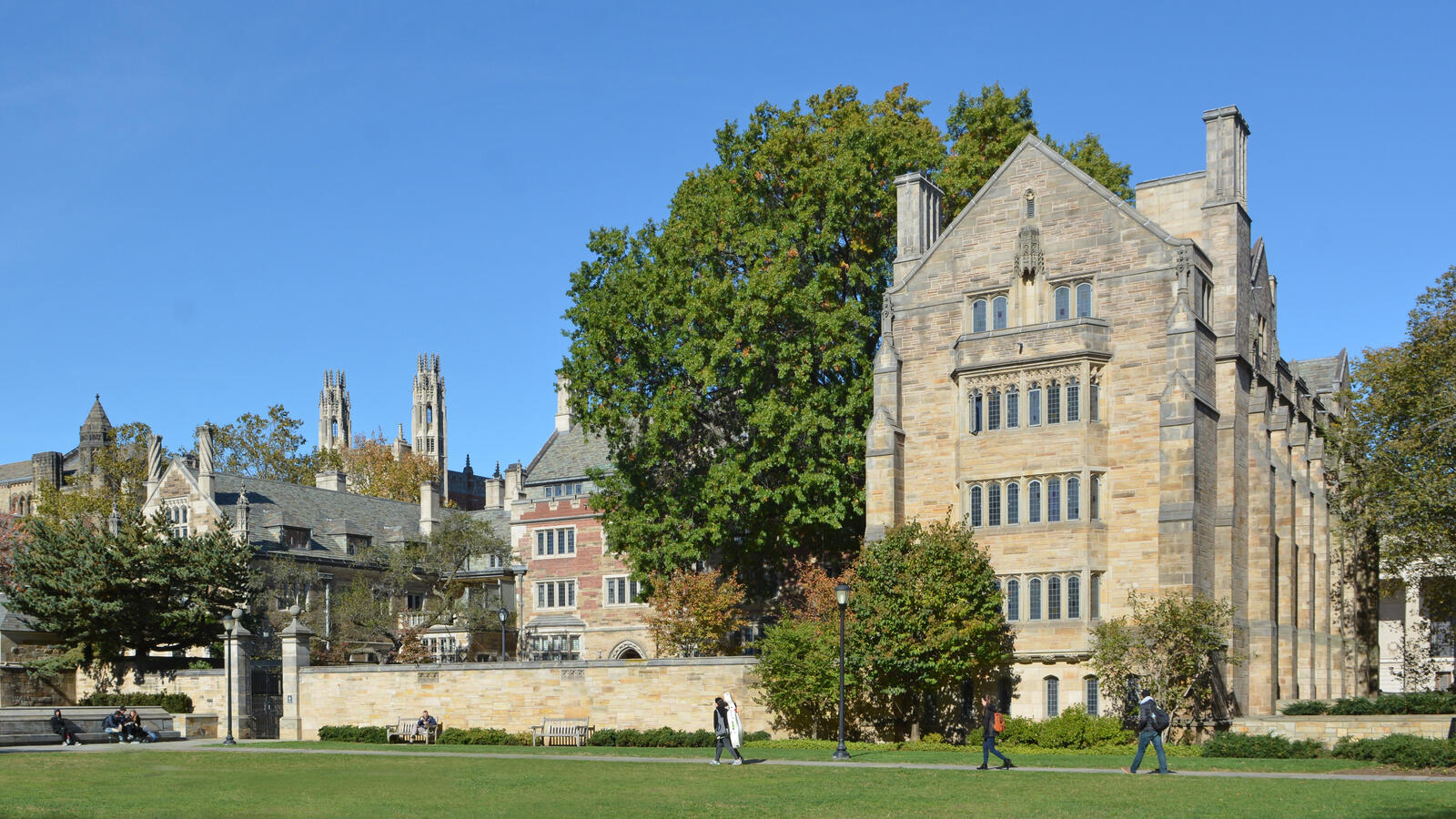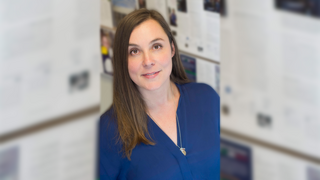Dear Friends,
I hope that this message finds you and yours in good health. I write to provide updates on our campus and alumni communities as a segment of students returns to campus and the academic year – and a fall unlike any other – is set to begin.
The Campus Community
Yale’s plan for teaching and research this fall prioritizes health and safety and was developed in consultation with state and city officials and university experts. Remote and in-person teaching in socially distant settings will vary by class and school. To give you a sense of the challenges involved in teaching during the pandemic, and to learn more about Yale’s schools, here are some links to explore:
Graduate School of Arts and Sciences
School of Engineering and Applied Science
School of the Environment (formerly School of Forestry and Environmental Studies)
The Alumni Community: Questions, Comments
This summer I have heard from many of you. Thank you for your emails. Most of the emails have been about two topics: (1) the alumni fellow election process, and (2) diversity, equity, inclusion, and anti-racism.
First up, the alumni fellow election process, which annually selects one alumni fellow to the Yale Board of Trustees (formally the Yale Corporation). Let me start here by thanking those of you who voted in the recent election and those who have expressed interest in the process. Now, here are some answers to the most frequently asked questions:
- The alumni fellow selection process is led by alumni in every aspect, from nominations, to candidate selection, to election.
- Alumni nominate candidates year-round using the Alumni Fellow Nomination form. Our most engaged alumni (several thousand officers and representatives of regional clubs, shared interest/identity groups, Yale College classes, graduate and professional school alumni associations, Yale Alumni Fund leaders, and more) are directly solicited for nominations. As noted in prior years, you may also nominate candidates. This year, the deadline for nominations is September 7, 2020. Any nominations submitted after this deadline will be reviewed next year. Please submit your nominations! Please know that all nominations are reviewed by the Alumni Fellow Nominating Committee (AFNC).
- The AFNC is chaired by a volunteer alumni leader and consists primarily of volunteer alumni, most of whom serve on the YAA Board of Governors.
- In considering candidates, the AFNC: (i) identifies any backgrounds and experiences that might complement those of the existing board members; (ii) takes into account the broad scope of the university’s operations; and (iii) reviews the extent of interest or engagement in Yale that candidates have demonstrated as alumni.
- The AFNC does not consider a candidate’s political affiliations nor a candidate’s viewpoint on societal issues. The Yale Board of Trustees is a fiduciary body whose volunteer members are responsible for stewardship of the university as a whole and do not represent any constituency or interest.
- There is a “no campaign” tradition for the candidates selected by the AFNC. This frees all trustees from binding commitments to particular constituencies, promotes deliberative and consensus-based decision-making, and, for AFNC-selected candidates, removes a disincentive to standing for election.
- Yale’s Charter stipulates alumni voter eligibility as “[a]ll persons who have been for five years graduated as bachelors in any of the departments of Yale College, and all persons who have been admitted to any higher degree in Yale College.” The Charter cannot be amended except by an act of the Connecticut legislature.
Separate from this process, Yale’s Charter and the Corporation’s Miscellaneous Regulations allow for alumni to petition to be on the ballot. This year, there are two alumni petitioning to be on the ballot: Victor Ashe ’67 and Maggie Thomas ’15 MEM. Links to their websites are Victor Ashe for Yale and Maggie Thomas, Yale Forward.
More information about the alumni fellow election process is available in the YAA Help Center.
I have also received many emails from you after expressing empathy and support in response to the pain and concern among our Black alumni in my message, Standing for What Is Right. That message generated reactions that were strong and great in number – reactions that, perhaps not surprisingly given our 175,000-plus Yale alumni, ranged a wide spectrum.
Despite these and other divergent views, there is one thing that alumni have in common: a desire for lifelong learning. According to the responses to our 2017 all-alumni survey, lifelong learning is the top interest across generations of Yale graduates. Learning exposes us to different experiences and ideas. The YAA will continue to support alumni in clubs, shared interest groups, Yale College classes, and graduate and professional school associations that offer learning opportunities and workshops that expose us all to new and different experiences, beliefs, and ways of thinking. This work will include a continuation of programming on diversity, equity, inclusion, and anti-racism. We hope these and other programs (see below) will foster discussions acknowledging differences and facilitate understanding of diverse viewpoints.
Building Community Today: Lifelong Learning, Networking/Mentoring
In response to your interest in lifelong learning, the YAA launched Yale Alumni Academy, with opportunities to learn online, on campus, and abroad. We are delighted to partner with Yale Alumni College, which is celebrating 10 years of alumni organizing in-person, small-group seminar learning in cities across the U.S. Of course, in response to the COIVD-19 pandemic, Yale Alumni Academy and Yale Alumni College programs are all being held online for the time being.
There are many other lifelong learning opportunities online – podcasts, videos, lectures, talks, library resources, and journals. And a great many of our online YAA programs are on demand so you can fit them into your schedule when convenient!
And there is another learning opportunity! Alumni and spouses may audit Yale College courses offered online with the instructor’s permission, validation of degree, and the payment of a fee, which includes library privileges. Please note that the deadline for degree validation is soon – seven days after the August 31 start of term.
We continue to work with wonderful alumni volunteers to organize many events online, and in the future, in person. You should be receiving Your Weekly Yale Alumni Digital Event Update and can also search the YAA calendar of events.
In addition to lifelong learning, the YAA now offers you the opportunity to make new connections on Cross Campus. Cross Campus is a networking, mentoring, and community-building platform for the exchange of advice on career and professional development and life skills. This platform was launched in response to the strong interest of alumni, based on responses to the 2017 all-alumni survey. Now in place for six months, Cross Campus has more than 13,000 alumni and students registered, with more than 40 discussion groups to engage with you. Join us in this vibrant community online!
As we embark on a fall full of uncertainty and promise, I thank you all for reading this message and wish you a safe, healthy season, full of learning and new connections!
Best regards,
Weili
P.S.: The COVID-19 pandemic is not the first time campus life has been disrupted. World War II disrupted classes from 1939 to 1948 and provided the answer to this trivia question: What Yale College class is after the Class of 1945 and before the Class of 1946? Despite this and other disruptions, Yale endures.





